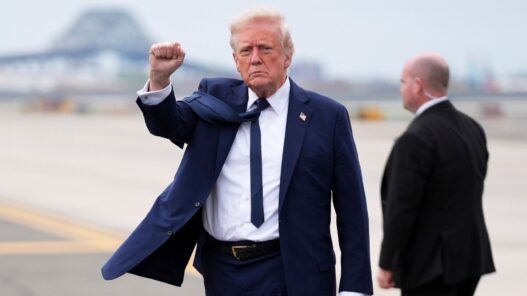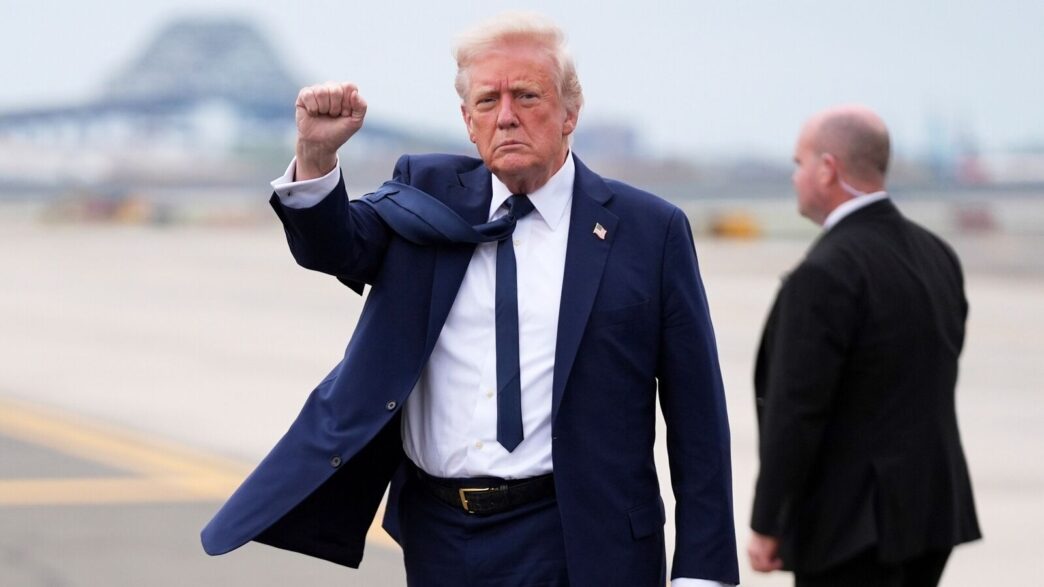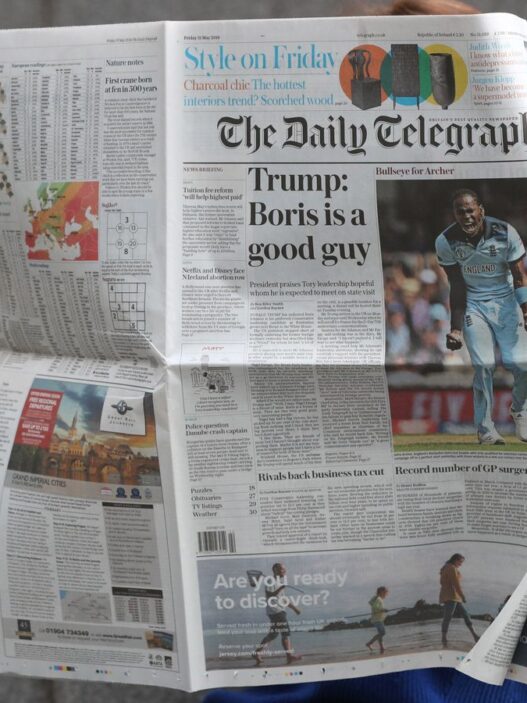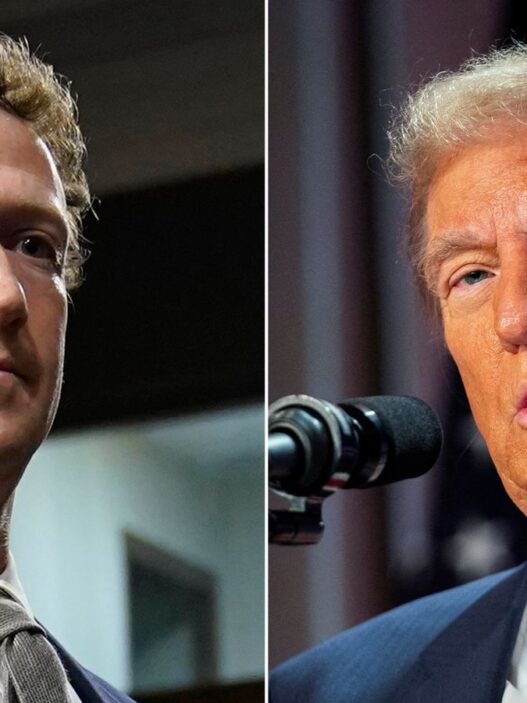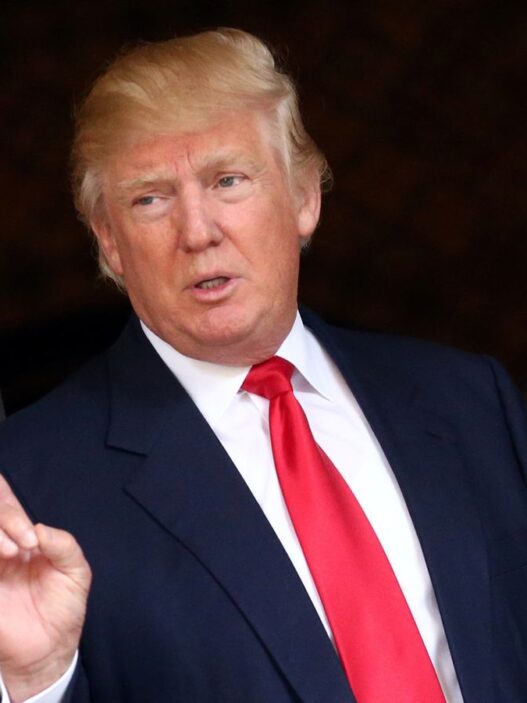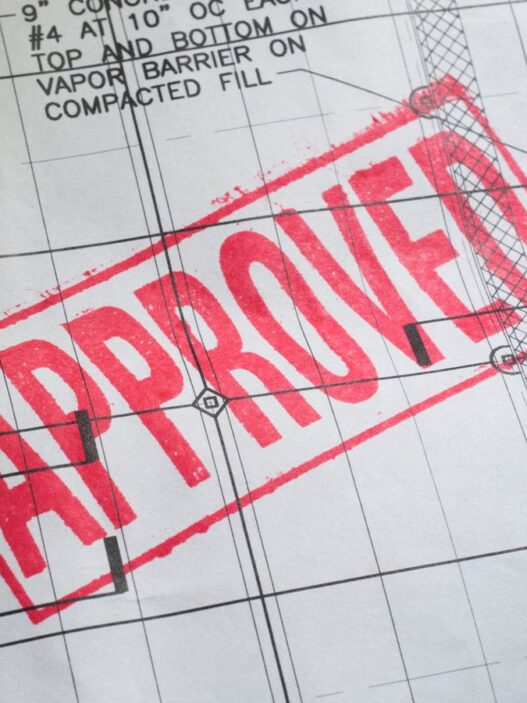US President Donald Trump in a new post has claimed that the imposition of tariffs will lead to a huge number of Americans seeing a decline in their income tax.
In a post on Saturday on his social media platform Truth Social, Donald Trump claimed that the tariffs will help reduce income tax for people, with the potential for being ‘completely eliminated’ for some.
The focus will be on those who earn less than $200,000 a year, he said.
“When Tariffs cut in, many people’s Income Taxes will be substantially reduced, maybe even completely eliminated. Focus will be on people making less than $200,000 a year,” Trump said in his post.
The US President further emphasised that a massive number of jobs are being created already as companies are building and planning more factories.
“Also, massive numbers of jobs are already being created, with new plants and factories currently being built or planned. It will be a BONANZA FOR AMERICA!!! THE EXTERNAL REVENUE SERVICE IS HAPPENING,” he said.
Donald Trump’s tariff claims
Donald Trump has time and again focussed on the benefits of the reciprocal tariffs that he and his administrations announced on April 2. According to him, the tariffs imposed on other countries will curb imports and make companies build their manufacturing facilities within the US, thereby creating thousands of new jobs and giving a boost to the economy.
Donald Trump on April 2 imposed a series of tariffs on nations across the world including a 10 per cent tariff on virtually everything coming into the United States. The tariff on India has been set as 26 per cent, while China has taken the biggest hit with 145 per cent levies.
In a recent interview with Time magazine, Trump has said that it will be a “total victory” for America if it still has 50 per cent tariffs on foreign imports a year on.
When asked why he thinks it will be a victory, Donald Trump said countries like China and India charged tariffs on US to become rich.
“Because the country will be making a fortune,” he said.
Dozens of countries face a 90-day deadline expiring in July to strike an agreement with Washington and avoid higher, country-specific rates.

